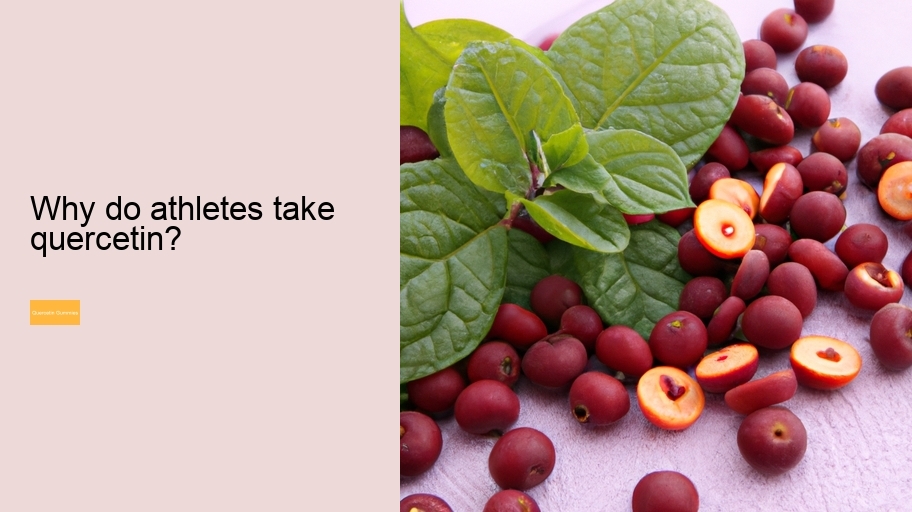As the world becomes more health-conscious, people are increasingly seeking out high-quality supplements to support their well-being. cardiovascular health It's involved in numerous bodily functions, from collagen production for healthy skin to wound healing and immune support.
Why do athletes take quercetin? - allergic response
- immune support
- pineapple
- cardiovascular health
- immunity
- heart
- allergic response
- research
- pineapple
- immune support
- allergic response
- cardiovascular health
- immunity
- heart
- research
Why do athletes take quercetin? - heart
- immune support
- pineapple
- cardiovascular health
- immunity
- heart
- allergic response
- research
- immune support
- cardiovascular health
- heart
- pineapple
- research
- allergic response
- immunity
- cardiovascular health
- immune support
- research
- heart
- allergic response
- immunity
- pineapple
- research
- pineapple
- immune support
- immunity
- heart
Quality supplements are free from common allergens like gluten, wheat, soy, and dairy.
Why do athletes take quercetin? - pineapple
- immune support
- pineapple
- cardiovascular health
- immunity
- heart
- allergic response
- research
Why do athletes take quercetin? - immunity
- immune support
- pineapple
- cardiovascular health
- immunity
- heart
- allergic response
- research
- allergic response
- cardiovascular health
- research
- heart
- immunity
- pineapple
- immune support
- research
- cardiovascular health
- allergic response
- pineapple
- immune support
- heart
- immunity
- allergic response
- immune support
- cardiovascular health
- heart
- pineapple
- immunity
- research
Vitamin C enhances the absorption of iron from plant-based sources, ensuring that your body gets the necessary nutrients for healthy blood production. But did you know that many of these gummies are enhanced with other beneficial ingredients like quercetin and zinc?
Research into the health benefits of vitamin C has been ongoing for decades, with countless studies highlighting its positive effects on the body.
Why do athletes take quercetin? - heart
- immune support
- pineapple
- cardiovascular health
- immunity
- heart
- allergic response
- research
- allergic response
- cardiovascular health
- pineapple
- research
- heart
- immune support
- immunity
- research
- immunity
- pineapple
- immune support
- cardiovascular health
- allergic response
- heart
- immune support
- research
research
